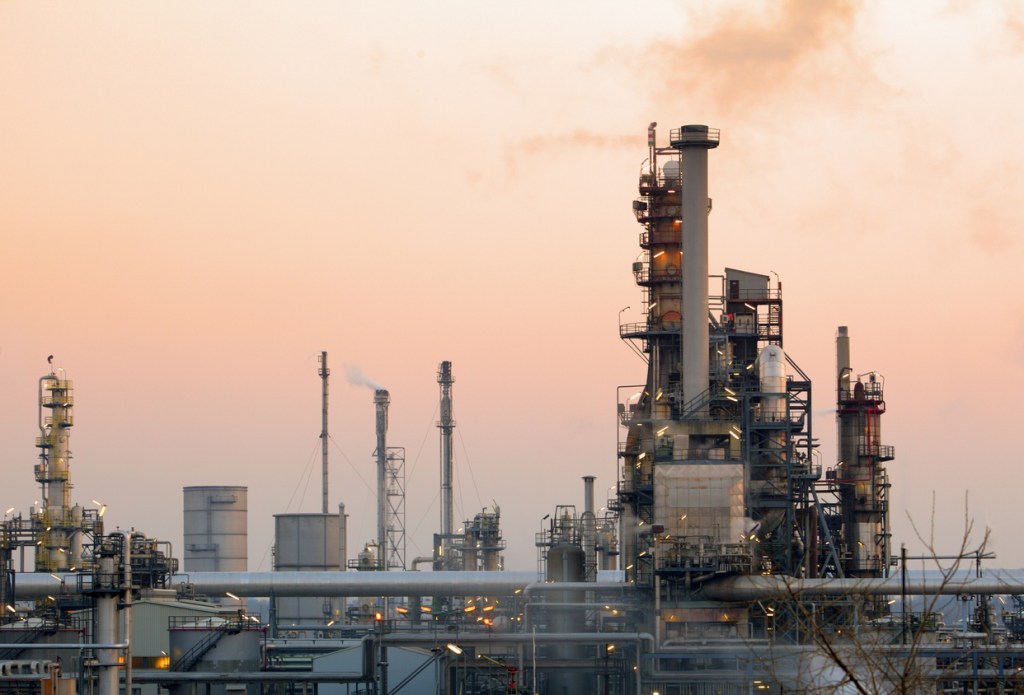The federal government has moved to secure domestic fuel reserves as the Australian Workers’ Union warn low supplies leaves Australia in a precarious position.
Prime Minister Scott Morrison today pledged to invest $211 million to build 780ML of new onshore domestic fuel storage and to support local refineries to remain operational. A minimum of onshore stockholding for jet and petrol stocks will also be introduced as a ‘safety net’, while diesel stockholdings will be increased by 40%.
Minister for Energy and Emissions Reduction, Angus Taylor, acknowledged refineries were experiencing financial strain and said the support will give the industry added security, while ensuring sectors reliant on fuel, such as mining and farming, would continue to access adequate supplies and that fuel would remain affordable for consumers.
Government estimates put the flow on savings to consumers through price supressions – made possible by having a domestic refinery capability, at $4.9 billion over a 10 year period. While government modelling found Australians would pay 1 cent per litre more if all refineries in Australia were to close.
“Almost all Australians are reliant on fuel and it is the lifeblood of so many sectors in our economy. Our farmers and miners rely heavily on diesel to do their jobs and provide services, while the transport sector sources 98 per cent of its energy from liquid fuels,” Mr Taylor said.
“That’s why it is critical that Australia has control over its fuel security arrangements and the Government is making sure of that.”
Construction of the new storage facilities is anticipated to create 950 jobs, 75 of which will be ongoing and many will be in regional areas. The government will also work to ‘modernise’ online fuel reporting systems and remove application fees for fuel standard variation requests.
Prime Minister Scott Morrison described the country’s fuel security as essential for national security, adding the measures would both ensure continued access to adequate fuel supplies and boost employment in the sector.
“Fuel security underpins our entire economy. Not only does it keep Australia moving, the industry supports thousands of people across the country and this plan is also about helping keep them in work,” Mr Morrison said.
“Like all sectors of the economy, the COVID-19 pandemic is having an impact on Australia’s fuel industry. The events of 2020 have reminded us that we cannot be complacent. We need a sovereign fuel supply to shield us from potential shocks in the future.”
It follows the government’s $94 million spend in April to secure fuel reserves in the US to bolster Australia’s fuel stockpile.
However National Secretary of the AWU Daniel Walton said this was not a long term solution and without significant action Australia could see potential shortages. A new report released by the Australasian Refineries Operative Committee and the AWU recommended adding 1.12cpl to petrol prices to shore up domestic fuel reserves.
Releasing a statement on the findings, the AWU said together with the AROC they were calling on the government to develop a national action plan to secure supplies, claiming the country has the lowest reserves of any member of the International Energy Agency. It put the average consumption days of fuel for the last financial year at 23 for petrol, 20 for diesel and 25 days for aviation fuel.
The AWU has warned global supply disruptions would both ‘cripple’ the Australian refining industry and greatly impact industries reliant on fuel, saying “Australia would grind to a halt within days”.
“COVID-19 has served as a warning. Any disruption to the global energy supply chain would leave Australia very isolated especially as we have very low reserves already. The knock-on effect would be catastrophic and affect every single part of our economy, as well as our national defence,” Mr Walton said.
“The positive news is this has been a wake-up call to industry and our political leaders who now understand the threat and are taking it seriously.”

